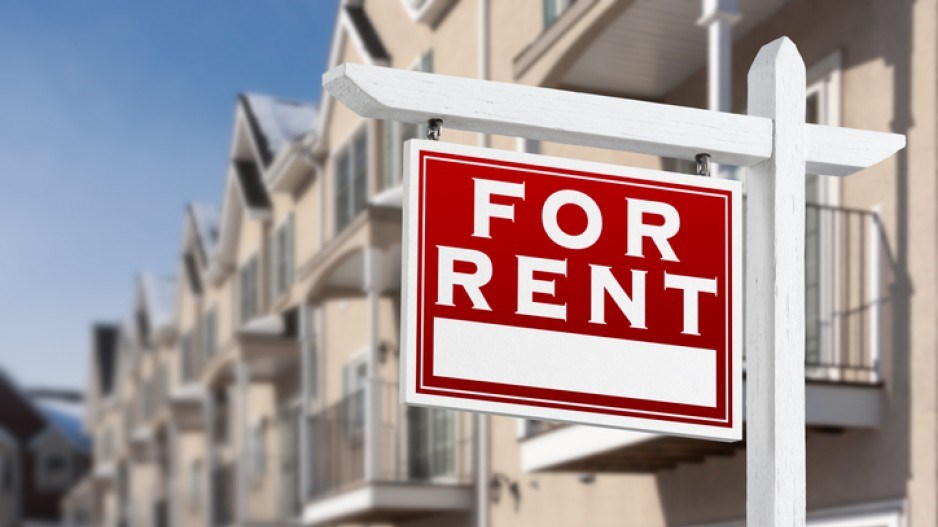The growth in Airbnb-style short-term rentals in B.C. is making an already tight and expensive rental market even tighter and more expensive, a new study from McGill University finds.
The study, prepared by the Urban Politics and Governance research group at McGill’s School of Urban Planning, says short-term rentals took 16,810 housing units off of B.C.’s long-term market in June 2023, “signifying a 19.1 per cent decline in housing availability over 2022.”
According to the study, the addition of one dedicated short-term rental per 100 rental units in a neighbourhood contributes to an average rise in rent of $49 for that neighbourhood.
“We estimate that 2022 rents increased up to 16.6 per cent over baseline because of the resurgence of commercial STRs that year,” the study concludes.
Between 2016 and 2021, the authors estimate the growth in the short-term rental market increased the rent paid by B.C. tenants by $2 billion.
“If the province’s STR market remains on its current trajectory, we expect STR-induced housing loss to increase 15.6 per cent to 19,400 by summer 2024, implying a further $23 increase in average monthly rents in medium and large cities in the province," the McGill study warns.
“Across Canada, our existing stock of affordable housing is disappearing at an alarming rate,” Annie Hodgins, executive director of the Canadian Centre for Housing Rights, said in a press release citing the study.
“New units being built do not meet the affordability levels that Canadians need, and for every new unit built, at least five are being lost to excessive rent increases, renovation, redevelopment, and conversion to other uses like short-term rentals. This report demonstrates the extent to which commercial short-term rentals are exacerbating Canada’s affordability crisis by driving up rents and taking sorely needed units away from renter households.”
"This report marks the first time we can quantify the far-reaching effects that the transformation of homes into ghost hotels has on tenants' rents across the province," said Thorben Wieditz, executive director of Fairbnb Canada Network.
"It illustrates beyond doubt that limiting short-term rental use to actual home-sharing -- by eliminating commercial short-term rental growth -- must be part of regulatory efforts to address British Columbia's housing crisis.”
Fairbnb wants provincial regulations that would crack down on purely commercial short-term rentals. For example, it is pushing for legislation that would have a principal resident requirement for homes used in short-term rentals to ensure they are genuine “homesharing” operations, not full commercial ventures.
It also wants a province-wide registry “to track and ensure accountability.”
Housing Minister Ravi Kahlon said the report reflects what he's hearing from local governments over the last year and half.
"We need to find ways to ensure that there's better data available for local governments, that they can actually enforce the rules that are there. And we need to get more housing back into the housing stock and that's going to be the aim of our legislation this fall," told reporters at the Union of B.C. Municipalities.
When asked if he could give any hints as to what is included in the legislation, Kahlon said "it’s coming and it's going to be important."
Kahlon said the report marks the first time he’s seen raw data that demonstrates the impact of short-term rentals.
"Right now we have some local governments that have rules but the challenge is that they can't actually enforce them. They can't even validate if their data is real because a lot of the companies that are associated don't actually share information with them. Often cases, local governments have told me they've asked the companies to remove listings and nothing happens," he said.




